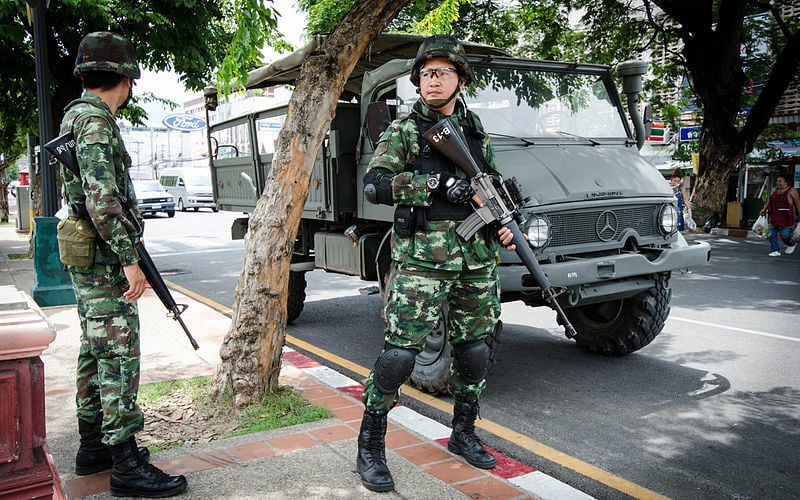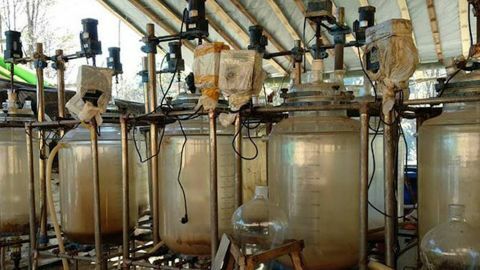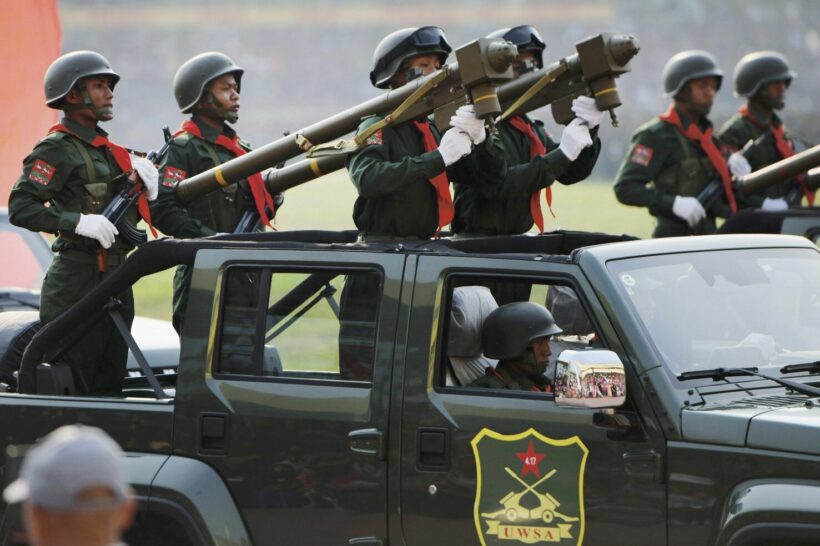How can Thailand win its war on drugs?

As Thailand begins the latest round of its war on drugs, Thai PBS paints a pretty bleak picture of the prospects for a quick victory. This is no metaphorical war. This is an armed struggle, with well-drilled militaries on every side.
According to the news provider, the production of methamphetamine by organised crime syndicates has resulted in a sharp drop in production costs, making the drug easily affordable. This is a major headache for Thailand and other countries in Southeast Asia determined to wage war.

The United Nations Office on Drugs and Crime report released in May declared that more than one billion meth pills were seized in the south and Southeast Asia last year, 89% in the lower Mekong region.
The report corresponds with figures released by Thailand’s Narcotics Control Board. From last October to August this year, more than 450 million pills were confiscated in Thailand. Another million pills, 18,000 kilograms of crystals, and 1,500 tonnes of production materials were seized during the same period in Cambodia, Laos, and Vietnam.
A bag of 100 meth pills costs about 50 baht (US$1.30) to produce. That amount will bring in 1,500 baht (US$40) on the street.
But this is not a mere price war. In the Golden Triangle, labs under the control of the United Wa State Army – a force of some 25,000 fighters and the largest of Myanmar’s various ethnic armed organisations – can produce seven million tabs a day following the arrival of state-of-the-art equipment.

The UWSA has transformed Mong Yawng township, about 100 kilometres from the Thai border, into their capital of production and distribution.
China’s Guangdong province has long been known to be the main source of precursor chemicals. According to the UNODC, the chemists involved are quite innovative in experimenting with new chemicals when others become scarce.
Latest Thailand News
Follow The Thaiger on Google News:


























